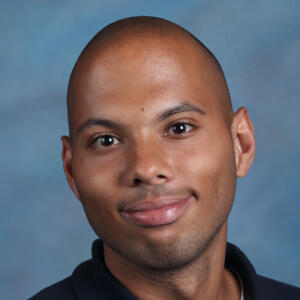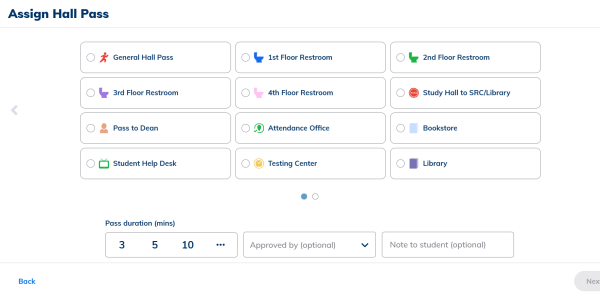News: Committee formed to regulate cell phone use
In a video posted by CNBC in February, students at San Lorenzo High School in California are seen locking up their phones for the entirety of the school day in magnetic bags. Comedians have used these same Yondr bags when filming Netflix specials, as it is a way to ensure no one can access their phones.
This high school is one of many implementing such a policy that bans cell phone use altogether. Recently, St. Patrick High School in Chicago adopted a similarly strict cell phone policy. The updated handbook clearly outlines that if a student is caught using a cell phone during the school day, it will be confiscated. They are also fined $20 with the possibility of additional offenses adding up to $100.
At OPRF, there is a lenient and rarely enforced cell phone policy. Some teachers quickly send student’s phones straight to the dean, while others merely give a gentle reminder. A committee comprised of faculty here at OPRF plans to tackle this issue in the next year, however.
At the end of the 2018-2019 school year, five teachers, three counselors, one social worker, two members of campus security, one dean, and two administrators came together to form a Cell Phone Committee to redesign the current policy. “After the AirDropped swastika incident in November 2018, many faculty members and administrators felt we needed to revisit our cell phone policies,” said committee member and history teacher Daniel Wolman.
“But that moment was more of a ‘last straw’ — cell phone use had been a growing concern in the building for years prior to that troubling incident, both in and out of the classroom.”
“We are fortunate to be at a school that has the resources to provide students with a Chromebook and teachers with a laptop and projector,” said fellow committee member and OPRF teacher Patricia Valenzuela. But she said more often than not, cell phones distract because “students tend to use them more to access social media or text. These distractions interrupt the learning process, which does not benefit anyone.”
OPRF math teacher Christine Mondragon outlined the main goals of the committee. They plan on creating “common sense expectations” for both faculty and students. They hope their efforts will “improve the culture and climate of the school by fostering face-to-face engagement and less screen dependency,” she explained. Valenzuela echoed these concerns by emphasizing that with limited access to cell phones in classrooms, “teachers can focus on providing each student with an equitable opportunity to be successful.”
Mondragon said how another main goal is to “listen to what an overwhelming body of research tells us about phones and academic achievement, social and emotional growth, and mental health. We want to do all we can to give students their best chance at success in those areas,” she said.
In November, the committee designed their own survey that asked OPRF students about their experience with cell phones during school. They included questions that inquired about students’ average daily screen time and how often their parents or guardians text them during the school day. At the beginning, they asked for grade level and racial identification.
“Because any changes to our current practices will most affect the daily lives of students, we wanted to hear from the students themselves,” explained Wolman. When writing the questions they took into account current research they read and daily phone usage.
“A primary goal for next year is to put into place expectations and policies that make classroom instructional time cell phone free,” said art teacher Mark Collins. As an OPRF teacher, he feels that there needs to be more clear expectations regarding phone usage that is also consistent with the school’s values. Several of the committee members stressed that limiting access to phones would positively affect both students and faculty and facilitate more learning. “We believe we would all benefit from consistency on this issue, which has been lacking for many years,” said Collins.






